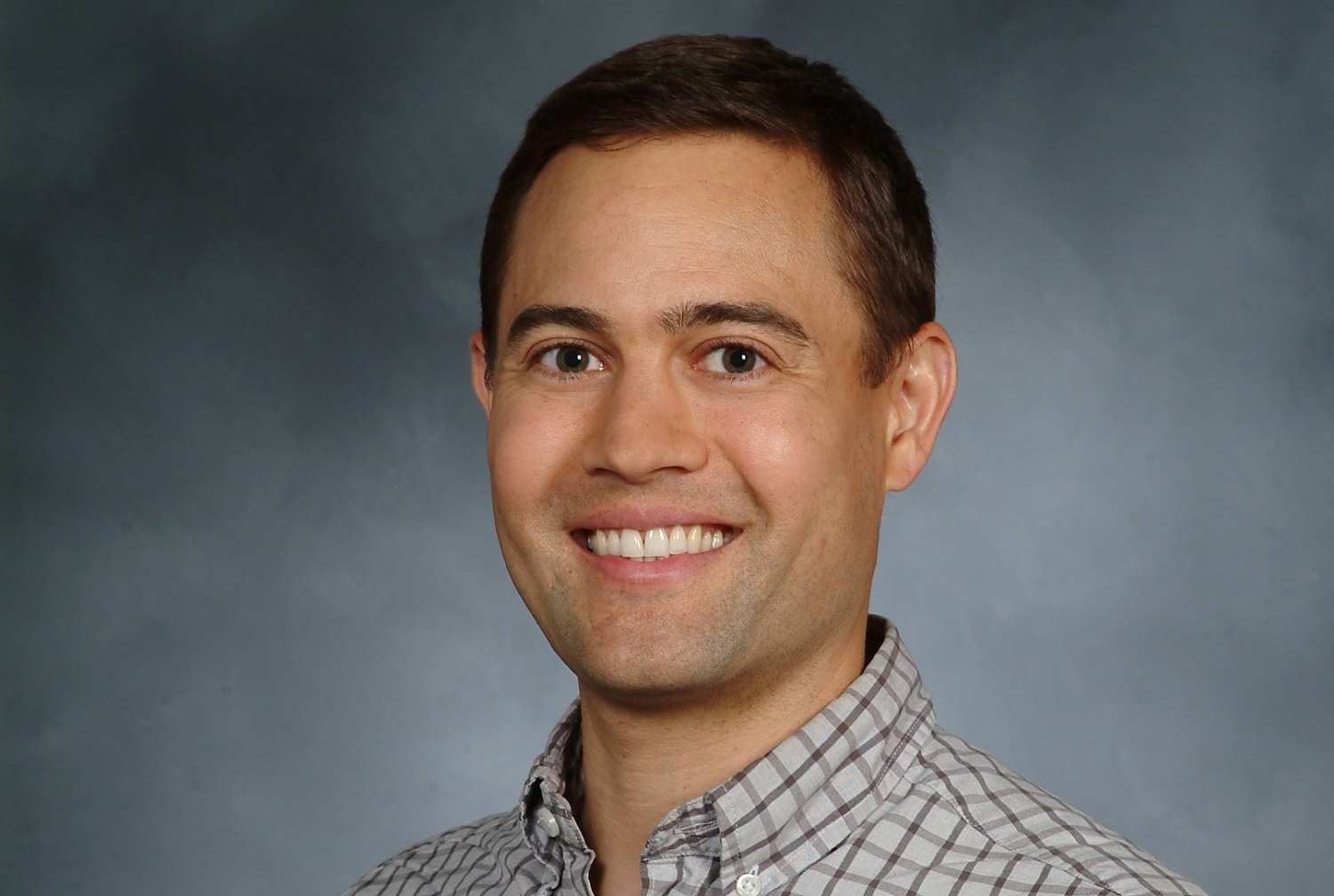Dr. Steven Josefowicz, an assistant professor in the Department of Pathology and Laboratory Medicine at Weill Cornell Medicine, has won a 2022 Investigators in the Pathogenesis of Infectious Disease (PATH) award from the Burroughs Wellcome Fund.
The award provides $500,000 distributed over five years to support accomplished early-career investigators studying how infectious diseases develop and affect human health, with a focus on the interactions between pathogens and human cells. Dr. Josefowicz is one of ten honorees winning this year’s PATH award.
“I’m honored to receive such a meaningful award at this stage of my career, recognizing the importance of our work to understand epigenetic regulation of immune responses to pathogens,” said Dr. Josefowicz, who is also a member of the Sandra and Edward Meyer Cancer Center and the Gale and Ira Drukier Institute for Children's Health at Weill Cornell Medicine. “I’m humbled to join the community of PATH investigators whose work I’ve admired so much and I’m excited about the annual PATH meetings and interactions with other awardees.”
Dr. Josefowicz’s research focuses on investigating how immune cells respond to stimulatory cues from infections and inflammatory diseases and the effects of those changes long after initial conditions have resolved. “Our relationship with pathogens is complex and cumulative,” he said. “Everything from our blood development to optimal defense thresholds—controlled by sentinel innate immune cells—have evolved in the context of regular pathogen encounters.”
His team investigates intricate molecular features of chromatin, the mixture of DNA and proteins packaged tightly together in cell nuclei, and has shown that these potently regulate inflammatory gene expression and immune responses. Further, they have found that, following severe COVID-19, chromatin changes can persist for months to a year in blood-forming stem cells or hematopoietic stem and progenitor cells (HSPCs) found in circulating blood. Dr. Josefowicz’ team discovered that by using advanced single-cell sequencing technology to examine rare circulating HSPCs, they could capture the cell diversity and chromatin characteristics found in bone marrow stem cells, which are much more difficult to obtain for research purposes.
“Initial infections encode epigenetic memories in the chromatin of blood-forming stem cells, so that the next time an individual encounters a pathogen, they may respond differently,” Dr. Josefowicz said. “This award will allow us to expand our work investigating how these chromatin changes may be involved in the long-term consequences of infection, such as long COVID in adults and multisystem inflammatory syndrome in children after SARS-CoV-2, and sepsis after bacterial infection.”
“We hope that a combination of basic research and translational studies in this area will lead us to new treatment approaches for patients suffering from infectious and inflammatory disease in the future,” he added.

